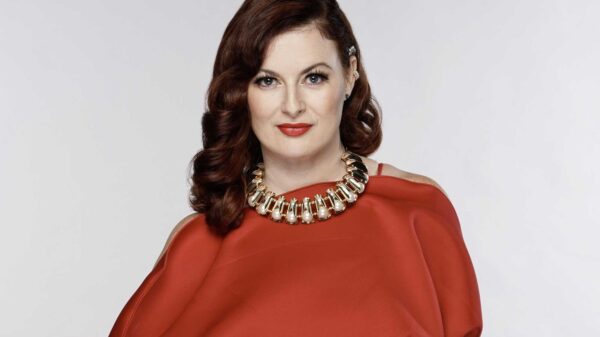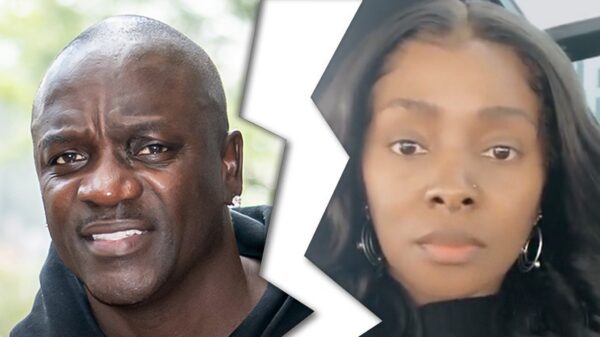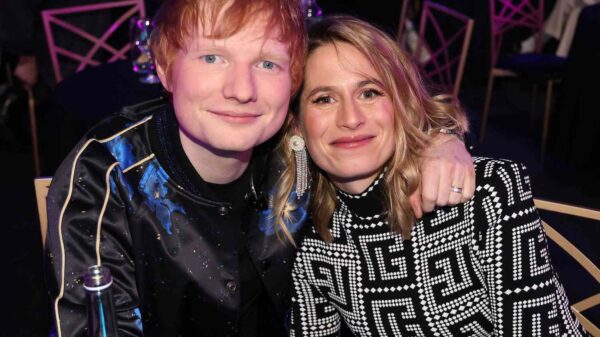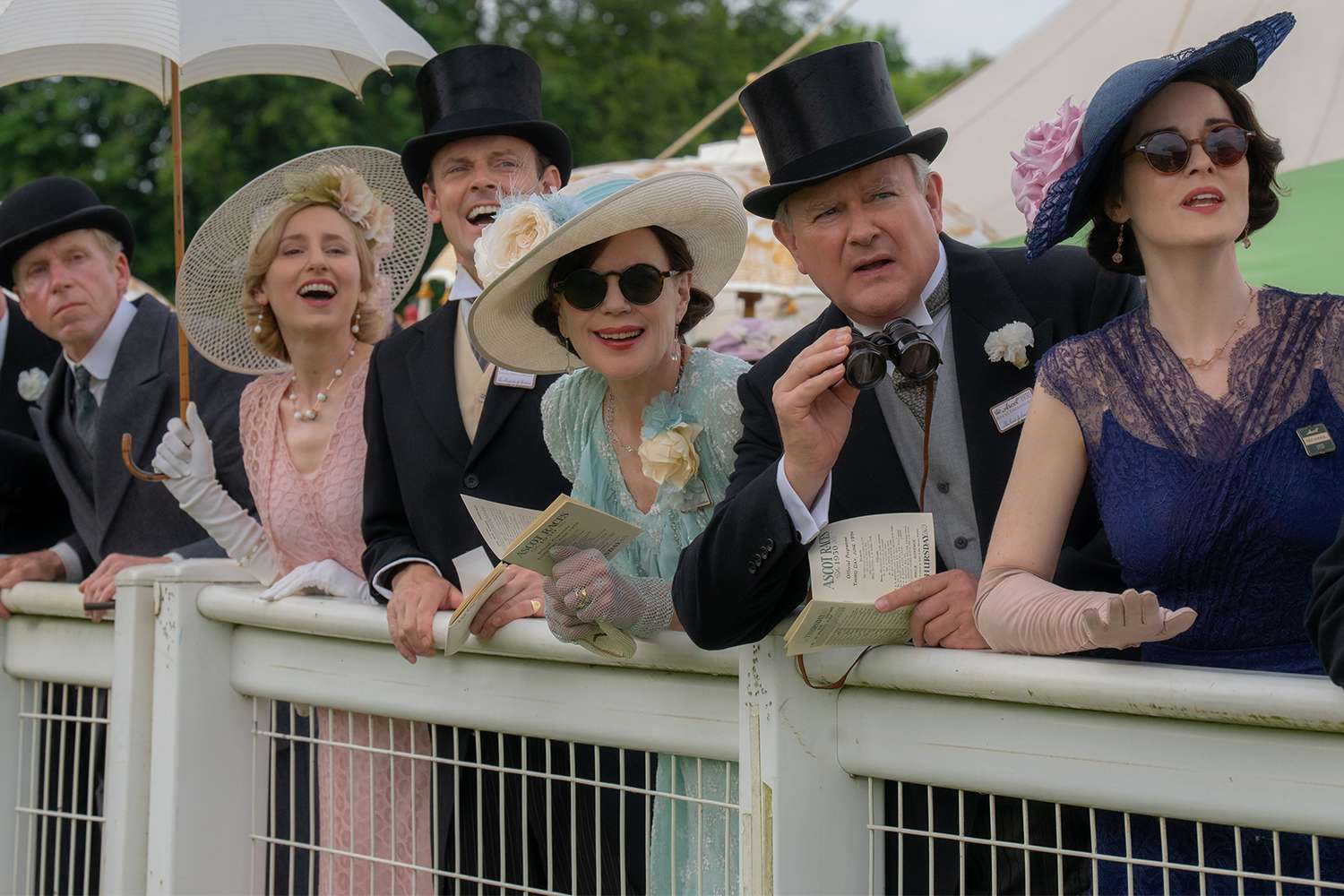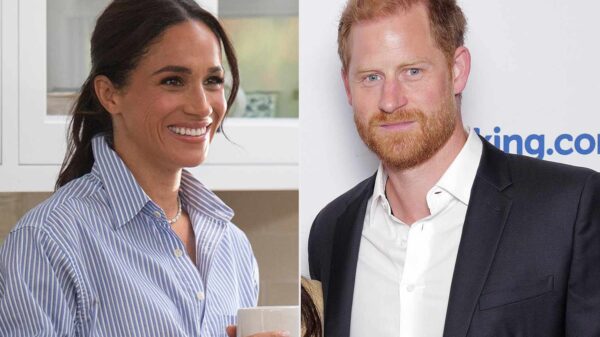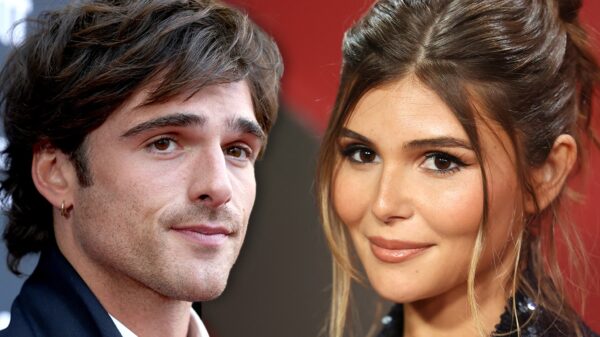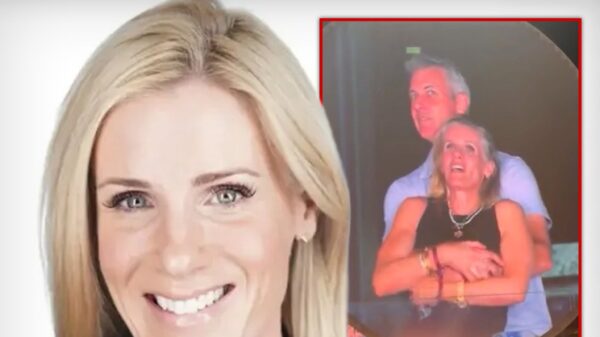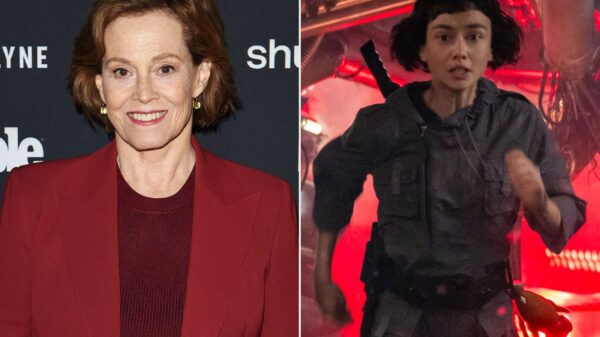Dear Maggie Smith:
You always claimed you hadn’t watched Downton Abbey, the TV series, and you didn’t seem inclined to watch either of the Downton movies you appeared in. When the first, 2019’s Downton Abbey: The Movie, was still in the talking stages, you said you hoped the opening scene would have your character, Dowager Countess Violet, already in the grave.
But you must have known that your unbeatable comic flair — your ability to fire off zingers with a deadly precision that might have served well in the Charge of the Light Brigade — was key to the success of the entire enterprise. Now (alas!) you dwell in the Great Upstairs — you died away nearly a year ago, at the age of 89 — and you’ll never have the chance to see this last and most satisfying Downton film, The Grand Finale. Assuming, of course, you even wanted to.
But maybe you would have. Julian Fellowes, the show’s creator, said in a recent Times of London interview that he found your claim not to have watched Downton “slightly hard to believe” — after all, he said, you were a perfectionist and always took your performances “tremendously seriously.”
Is his hunch correct, Dame Maggie? If so, I would like to share with you some observations about Finale. Perhaps an obliging, halo-headed butler will sidle up to you on your cloud and share this column with you.
1. Not a major point, but I wonder what you would have made of the movie’s peculiar title, with its use of that showy adjective “grand.” A moviegoer might expect The Fast and the Furious to end with a “grand finale,” but not a franchise about the British landed aristocracy. It’s as if John Galsworthy had called the last of his Forsyte Saga novels Out With a Bang!
2. You might be pleased to know how much, thanks to your performance in six TV seasons and two movies, Violet makes herself felt in this film, even though she’s physically absent. The Downton pile still opens onto two vast wings, one built of nostalgia and the other of sentimentality, but Violet has taken up residence at its heart as a kind of household deity. Her stern-browed portrait dominates the main foyer, and her heirs laugh at the word “weekend,” which once made Violet bristle with displeasure at the delusional “advances” of the modern world.
3. In fact —a nd I say this with the greatest respect — the movie works perfectly well without you. Violet was never really central to the larger goings-on, anyway, except for the fact that her advancing age marked the disappearance of the old imperial Britain, one that would never have anticipated a future in which Harry and Meghan would sit down for an interview with an American named Oprah Winfrey. You looked, at least, as if you might have lived through, and endured, a significant chunk of history. But Fellowes is an indefatigable storyteller: The entire cast could have quit to work with you on a Harry Potter film, and he’d have found a way to keep the narrative going full steam. He spins out any number of plot threads, most of them enjoyable, none worked through with much subtlety. If he were a spider, his web would be hemp.
Let me throw out just a few of Grand Finale’s story arcs, so you’ll have an idea: Mary (Michelle Dockery, jaw clenched and languidly gorgeous) is newly divorced, which has reduced her to the status of social pariah. Mrs. Patmore (Lesley Nicol), the cook, is retiring, leaving the house to live with that darling old Mr. Mason (Paul Copley). Here’s the one surprise: Mrs. Patmore is anxious that, after all these years on her own, rolling out pie crusts and chiding Daisy (Sophie McShera), she won’t know how to enjoy sex. (Needless to say, no one at Downton would ever use the phrase “enjoy sex.”) Lord Grantham (Hugh Bonneville), who can really be a bit of a poopy-head, nearly explodes at the suggestion that he might have to sell off the family’s London house. And Baroness Merton (Penelope Wilton) recruits Daisy and Carson (Jim Carter) to serve on the committee for the annual local fair.
Do you need to hear more?
4. Regardless of plot, everyone here seems to know that they’re acting out a dream — Grand Finale is just as much a fantasy as Barbie, only with curtsies, tiaras and that annoying gadfly Noel Coward (Arty Froushan), always happy to sit down at the piano and trill “Poor Little Rich Girl.” The servants, at the end, line up and wave goodbye to the Crawleys (and us), as if they were grateful Munchkins seeing Dorothy off on her return trip to Kansas. You show up, too, as a very sentimental cameo. You may not have wanted to watch that, either.
5. Then again, isn’t that almost shameless sentimentality what also makes Downton so charming? In the years since its superb (and never surpassed) first season, none of its characters has really changed psychologically: They’ve risen or fallen in status, married, enjoyed sex, had children and, from time to time, died, but they’re essentially topiary shrubs kept in regular good trim. We like and accept them for who and what they are. That’s a testament both to Fellowes’s writing and the large, impeccable cast, and it’d be churlish to expect anything else. At the screening I attended, a healthy percentage of the audience was dressed in proper Downton-era costumes — a slightly hallucinatory experience, but they looked terrific and were having a delightful time. They could have entered the screen, in a sort of reverse Purple Rose of Cairo, and been perfectly at home. I’m not sure anyone would have noticed.
Besides, it’s not as if there’s a shortage of good, serious British films about the aristocracy that can act as Downton supplements, from 1988’s appropriately pitiless A Handful of Dust, based on the Evelyn Waugh novel, to Jim Broadbent’s loony short film A Sense of History, in which an earl inherits his family’s estate by murdering his older, homosexual brother. And let’s not forget the Fellowes-scripted Gosford Park (2001), a sharp-eyed examination of upstairs-vs.-downstairs directed by the resolutely unsentimental Robert Altman (you played the drily, cruelly haughty Countess of Trentham, and were Oscar-nominated).
5. By the way, what’s your opinion of Joseph Molesley (Kevin Doyle)? He remains Downton’s most realistic character, the only one with a problematically complicated personality. Molesley, who somehow transcends Downton’s fond preoccupation with class, is someone a viewer has to grapple with. Having risen from valet to screenwriter by grim determination as well as a rather abrasive obsequiousness, Molesley still whines and gripes, frets and schemes — he’s a petty, unserious man, almost ingratiatingly uningratiating. But of course he doesn’t know that.
Would you have had more fun playing Molesley than Violet?
6. This leads me to ask: Did you find Lady Violet too one-note? Is that perhaps why you were reluctant to acknowledge your Downton stardom? After all, you were a better actress than the show or the films really needed. A Saturday Night Live skit once described Violet as “the chicken lady” — not a kind thing to say, really, but the role did require a lot of clucking disapproval and brisk shakes of the head. Violet had occasional moments of empathy and kindness, and those you played beautifully.
But Violet’s quips were usually more, well, quippy than witty — nothing on Downton ever capitalized on your dry, acerbic humor as fully as the role of Dianna Barrie, the aging actress in California Suite (1978). I’ll never forget how you turned the the line “I look like a brand-new, steel-belted radial tire” into a pivoting string of sighs. You won an Oscar for that film,
7. And there were your remarkable dramatic performances too, in which you embraced your characters’ eccentricities without sacrificing your compassion. Perhaps you’d like to be remembered less as Violet, mistress of the pre-Edwardian putdown, than as the delusional but passionate teacher in The Prime of Miss Jean Brodie (1969), for which you won Best Actress; the alcoholic Dublin woman slowly running out of options in 1987’s The Lonely Passion of Judith Hearne (another Best Actress nomination); and the depressed country vicar’s wife (again, an alcoholic) in the 50-minute monologue Bed Among the Lentils.
8. I can’t imagine that you ever caught The Gilded Age, Fellowes’s HBO series about Manhattan high society in the late 1800s. Or did you? If you ask me, watching that show feels like being whacked by a ruler while reading Edith Wharton. I’d rather return to Downton, where you live on.
Have a wonderful afterlife!
Go behind the scenes of Downton Abbey: The Grand Finale with PEOPLE’s new special issue, available here. The movie (PG) is in theaters now.
Read the full article here



